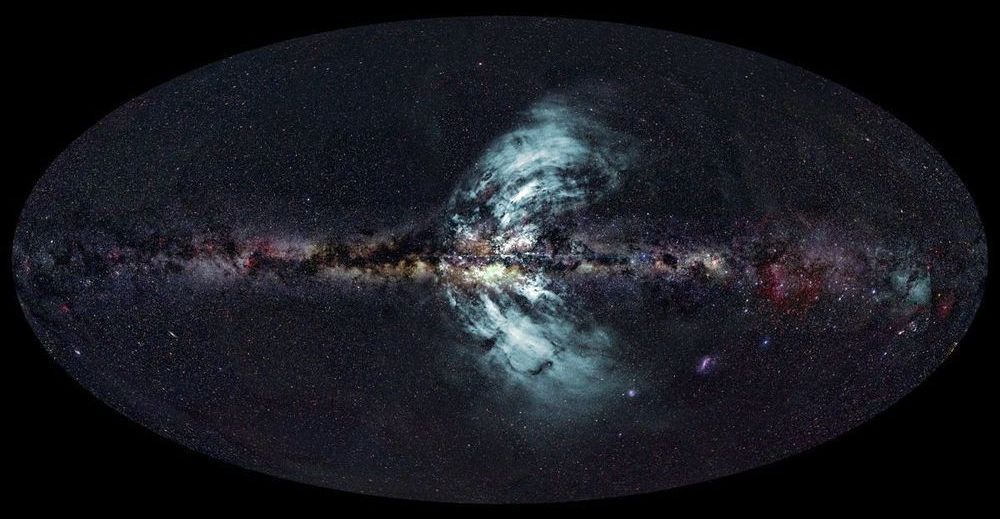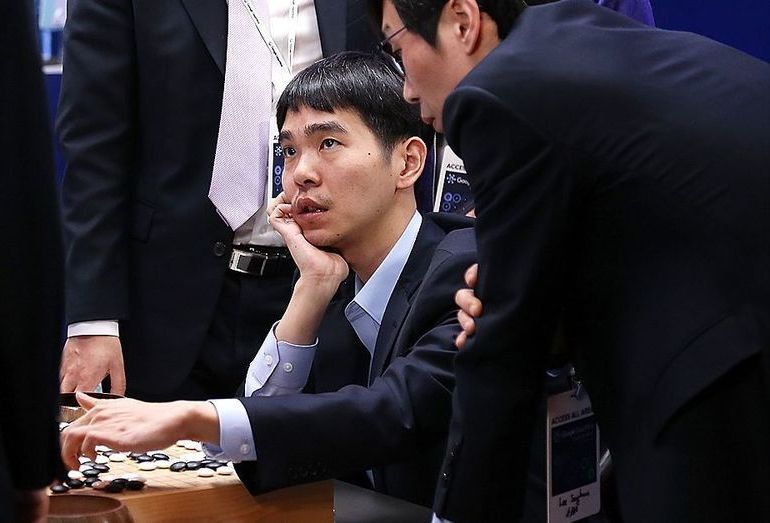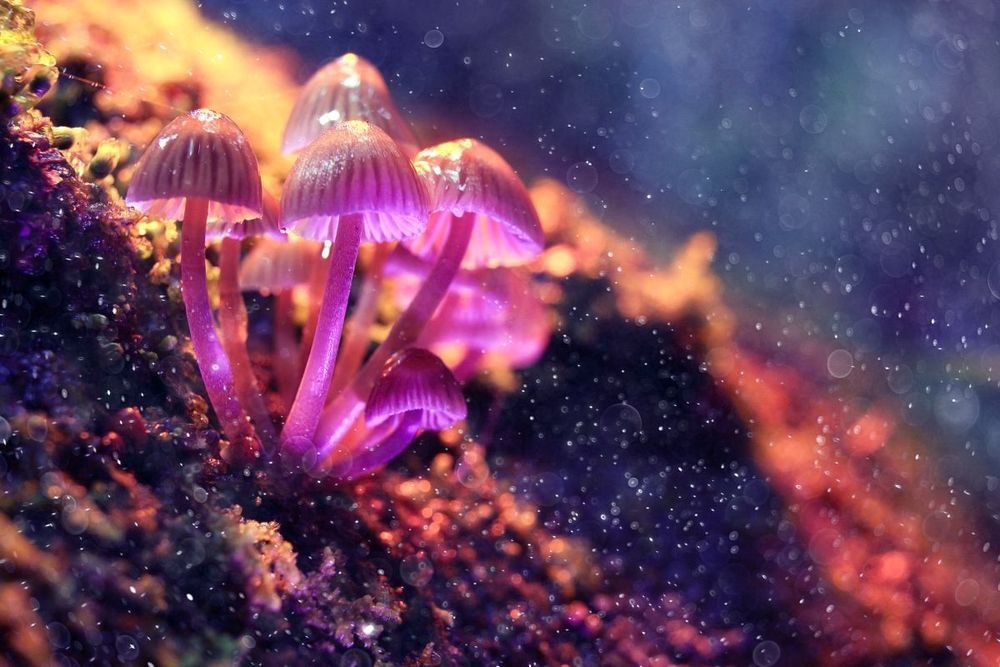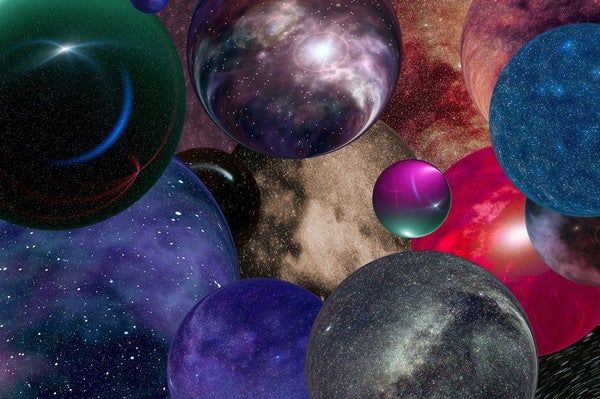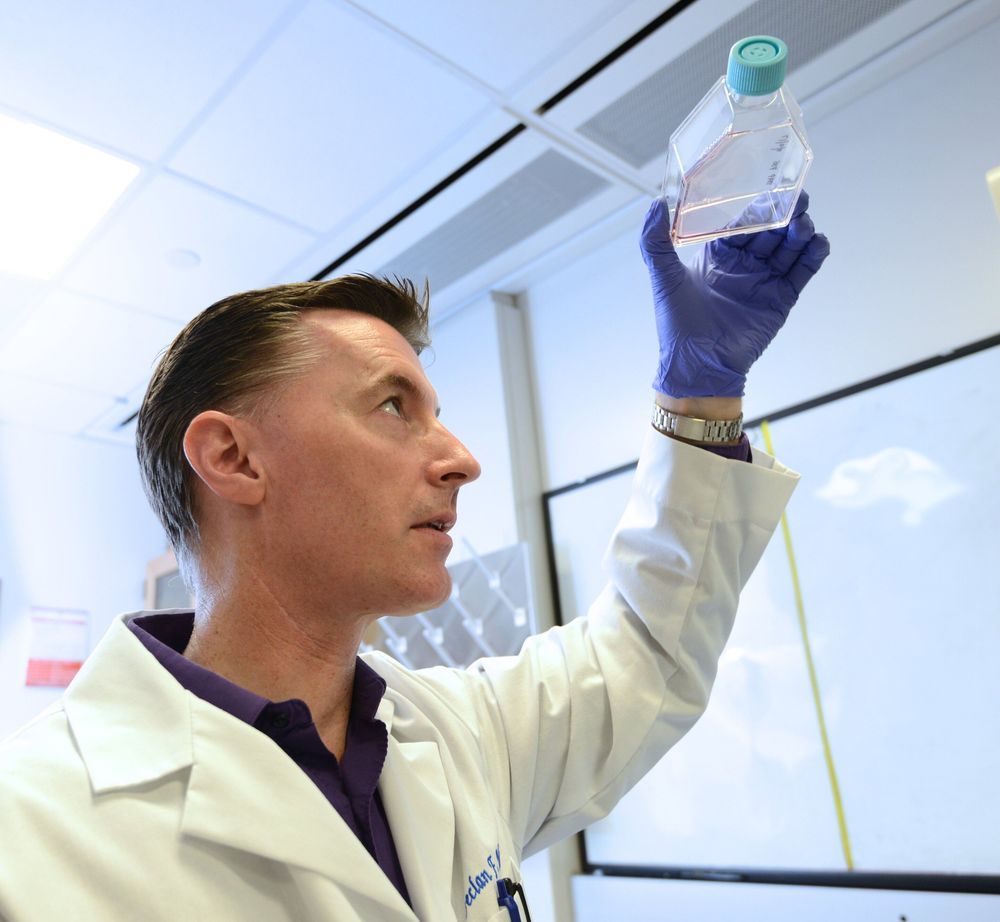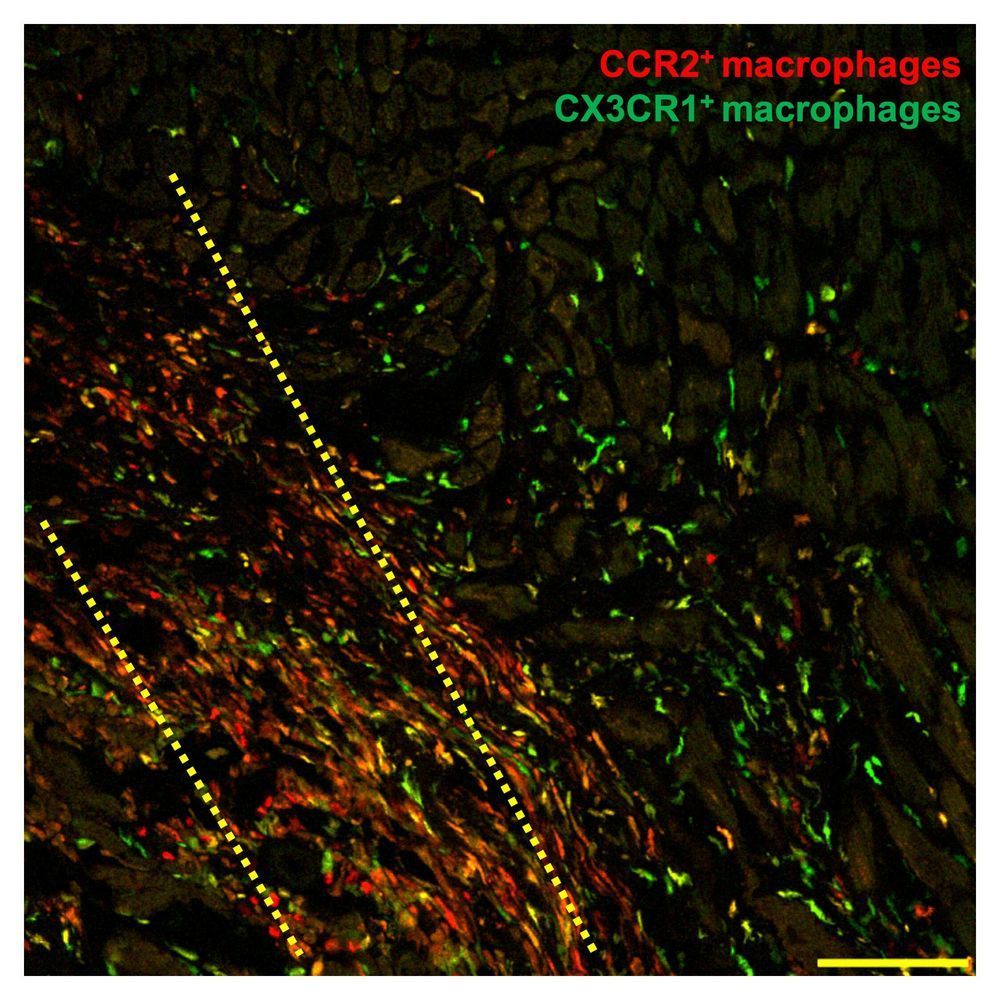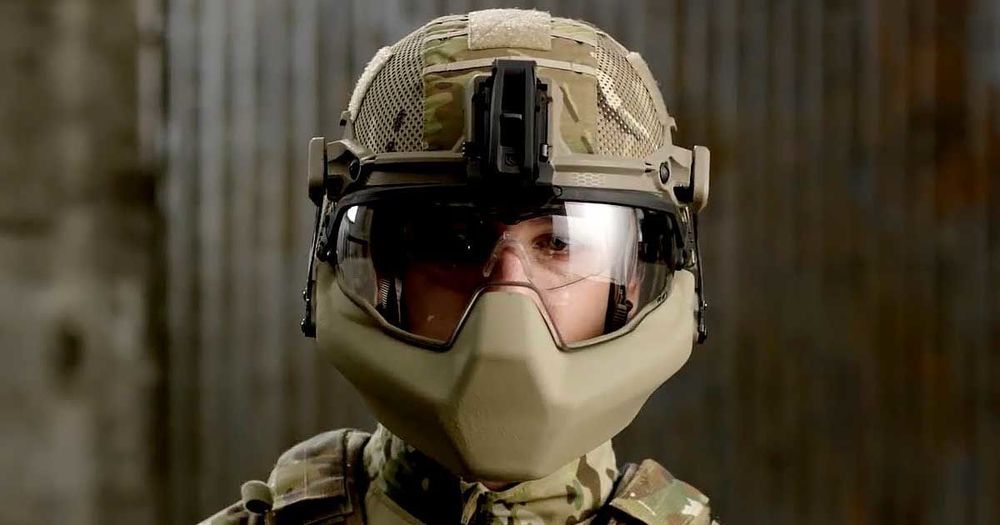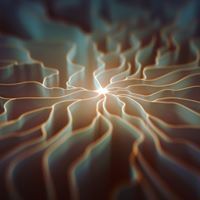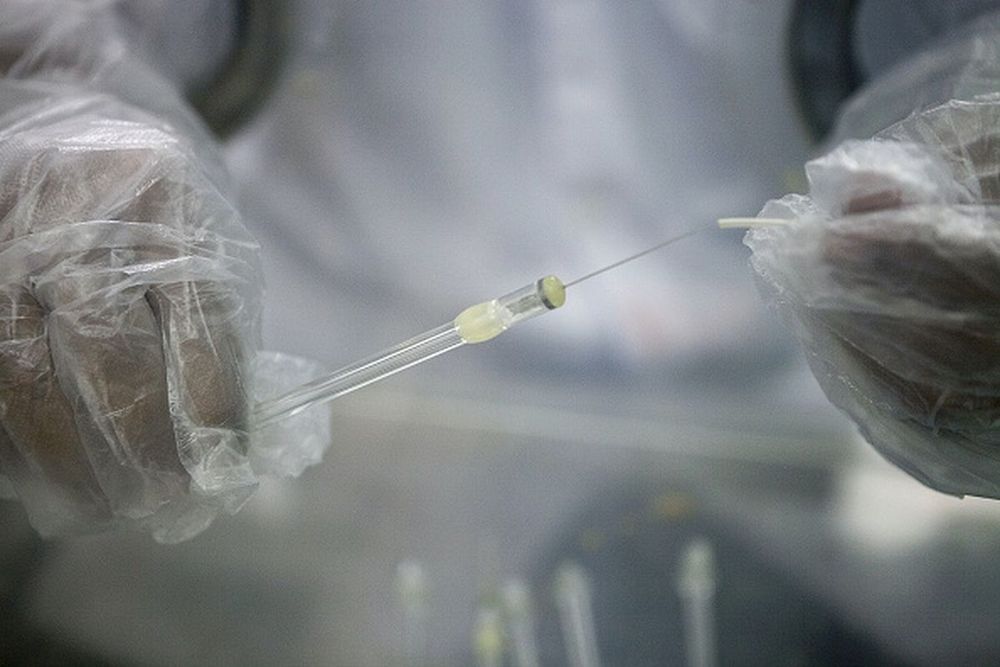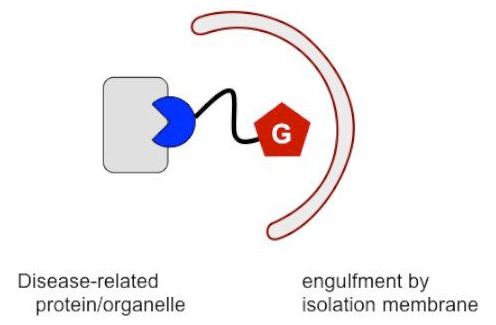
Tohoku University researchers have developed a strategy that could help cells get rid of disease-related debris. Further research could lead to treatments for neurodegenerative and metabolic diseases, Down syndrome, and maybe even aging-related diseases. The findings were published in the journal Molecular Cell.
Cells have a natural ability to routinely rid themselves of unnecessary or dysfunctional proteins and organelles. During this process of “autophagy,” debris are tagged with a compound called ubiquitin and then degraded within tiny cellular vacuoles. Autophagy is impaired in some cancers, and neurodegenerative and metabolic diseases, so scientists have been working to develop drugs that can regulate this process. However, little is known about the details of autophagy, such as how the cell knows which components to tag with ubiquitin.
In previous research, Hirokazu Arimoto, a chemical biologist at Tohoku University, and colleagues found that autophagy is initiated against invading streptococci bacteria when they are tagged with the nucleic acid guanine. The researchers wondered if guanine tagging could also initiate autophagy against other cellular components.
